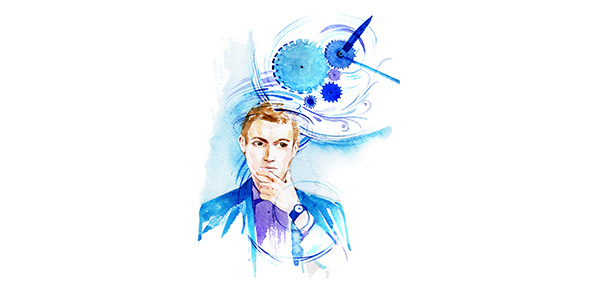Related Flashcards
Related Topics
Cards In This Set
| Front | Back |
|
Twice-Divided Line
|
-Developed by Plato-Breaks world into four models: images, physical/visible, mathematics, and ideas. These are separated into two categories: knowledge and belief. -Mathematics and ideas are the most trusted
|
|
Allegory of the Cave
|
-Developed by Plato-Proposes a scenario in which people sit chained facing a wall that shows shadows. They accept the shadows as reality (images)
|
|
Ideas and Forms
|
-Plato (Idealism)-The highest form of knowledge -Causes the existence of everything -are not perceived but known -do not change, perish-exist in our understanding -perfect
|
|
Universe and Particulars
|
-Hume-Nominalism (rejection of abstract objects)-The only things that exist are concrete particulars -No "properties": all that exist are determinate particulars--abstract ideas are indeterminate (nothing but bits of determinate particulars) -sees no general notion of identity (made up of perceptions and concrete particulars) -yellow: can be portrayed in different, higher forms
|
|
(Real) Public Objects and Indeterminate Things
|
-What is real are concrete particulars -E.g horse, table, mountain, -Blue shoe is a "blue shoe".. blue is not a property.. the blue shoe is the whole-Indeterminate things are abstract ideas: bits of determinate particulars
|
|
Occam's Razor
|
-Nominalism-"entries should not be multiplied unnecessarily"-used to disprove universals-William of Occam -simplest or most obvious explanation of several competing ones is the one that should be preferred until it is proven wrong-simplest with least amount of assumptions
|
|
Hume's Empirical Propositions
|
-Nominalist 1. mind cannot form quality/quantity without imagining precise notion of each (everything in nature is individual-e.g imagine line, each sense impression involves quality/quantity)2. applications of ideas beyond their nature (abstract) are bits and pieces of quality/quantity to serve our life purposes
|
|
Dualism
|
-Dualism -Descartes believes that the mind and body are independent of each other (interact causally)-Knows he is a "thinking thing", but is able to doubt him as a physical thing-Soul is indivisible -PROBLEMS: If mind and body are separate substances, how do they interact? If mental stuff is immaterial - and therefore without quantity, weight, size, etc. - how do we know it exists?
|
|
Interactionism
|
-Dualism-mind and body seem to be mutually exclusive, they casually interact-mind influences matter and vice versa -as a child's touching a hot stove (physical event) which causes him to feel pain (mental event) and then yell and scream (physical event) which causes his parents to experience a sensation of fear and protectiveness (mental event)
|
|
Occasionalism
|
-Dualism
-the denial that created substances can act on either other bodies or minds-neither body nor mind were causally related, but were in fact connected by divine interaction-whenever we wish to lift an arm, for instance, God must intervene to cause the body to obey (similarly, whenever the body feels pain, God must cause that sensation to occur in the mind). |
|
Parallelism
|
-Gottfried von Leibniz -mental causes only have mental effects and physical causes only have physical effects-interaction between mental and physical is impossible -interactions were really caused by the intervention of God on each individual occasion-God has created a pre-established harmony such that it only seems as if physical and mental events cause, and are caused by, one another.
|
|
Idealism
|
-Theory that nature of reality is based on ideas,and has the tendency to represent
things as they might/should be,instead of as they are. |
|
Idealism vs. Materialism vs. Dualism
|
Dualism: the view that substances are either material or mental.
Materialism: the philosophical theory that regards matter and its motions as constituting the universe, and all phenomena, including those of mind, as due to material agencies. Idealism: the philosophical theory that ideas are the only reality |
|
Materialism
|
|
|
Identity Theory
|
-under Materialism -when we experience something - e.g. pain - this is exactly reflected by a corresponding neurological state in the brain-your mind is your brain - they are identical.-physiological aspects relate to vague metaphysical aspects (pain, pleasure aren't things, they're just mental words to describe physical states) -chemical reaction=mental state -science-e.g lightening=electrical discharge objections: no explanation why brain events can occur without mental event -brain states basis of everything -how can something non-spatial be identical with something spatial (e.g emotions: can they be measured?)-doesn't solve problem of interactionism : WHY
|







